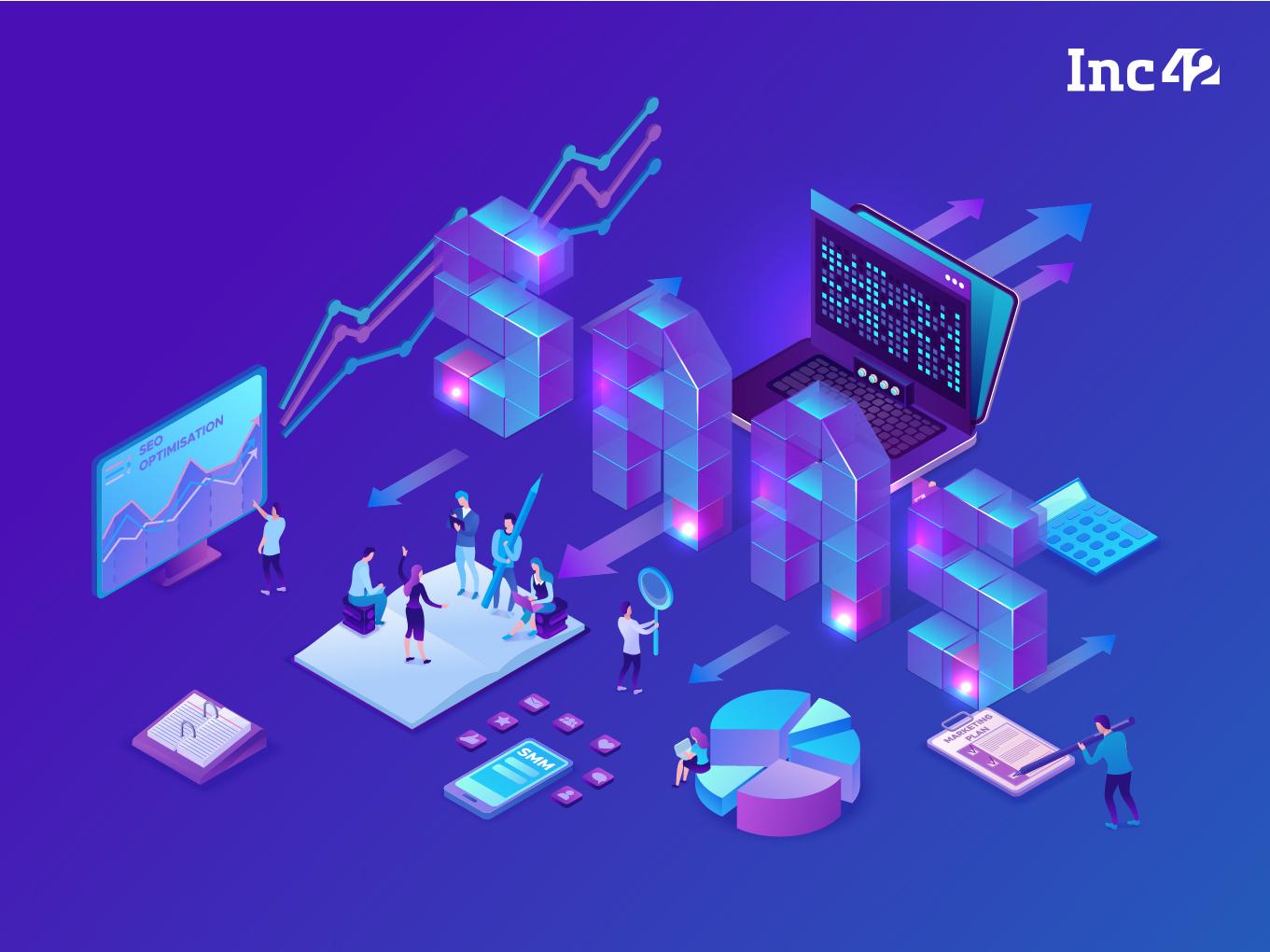
This competitive environment in SaaS means that you cannot rely on intuition or guesswork to achieve success. It will instead know the numbers, that is, the metrics, that will tell you the story of your company’s performance. The metrics are similar to a GPS-they show you where you are and where you want to go, as well as how you can correct your direction so that you don’t run into roadblocks. These insights are the key to unlocking growth, customer loyalty, and operational efficiency for SaaS businesses.
How can a SaaS provider tell if they are on the right track? Focus on seven key marketing metrics. They are performance beacons. It’s more than just numbers on a dashboard. These metrics provide insight into your behavior, financial stability, and the success of operations, as well as growth possibilities. Let’s dive right into these seven metrics that will change your journey.
The SaaS marketing metrics that will help you grow your business
1. Customer Lifetime Value
The CAC shows how much you spend to acquire a new customer. Customer Lifetime Value is the value of that customer to your company over time. This is not just limited to the initial transaction, but also the entire journey that the customer takes with the brand. How long they stay subscribed, how engaged they are, and what upsells they will take along the way. A high CLV indicates loyalty, satisfaction, and trust. Low CLV, on the other hand, indicates gaps along the customer journey or engagement.
The foundation for increasing CLV is excellent customer experiences. From welcoming and supportive onboarding to continued support and personal and evolving communications, products that evolve based on the needs of the user, and products that morph as needed. Customers stay longer as the value increases, increasing their lifetime value.
2. Monthly Recurring Revenues (MRR).
Any SaaS company thrives on a steady revenue stream. The Monthly Recurring revenue figure provides clarity on the income generated by your subscription model. MRR is a predictable revenue stream that allows SaaS businesses to plan investments, understand market trends, and know how much money they are making. MRR’s beauty is its consistency. It reflects your company’s ability to retain customers and attract new ones.
A consistent increase in MRR can be a good indication of customer satisfaction and the success of marketing campaigns. Drops in MRR, on the other hand, should be cause for concern and prompt an analysis of customer feedback, engagement strategies, and churn.
3. Churn Rate
Churn can be a silent killer of SaaS. It measures how many customers leave the product or cancel their subscription. It acts as an early warning system. It may be that the customer is not interested in your product or has lost trust. SaaS companies suffer revenue losses and replacement costs with every lost client.
Knowing why customers leave is more important than just the numbers. SaaS firms that are great listen to their customers through feedback loops and proactive support. They also keep developing features that address customer pain points. It engages users, solves problems early, and shows constant value.
4. Customer Acquisition Costs (CAC)
It’s exciting to acquire new customers. But is it worth the money you spend on them compared to what they will bring in? CAC will provide an answer to this question. This is the lifeline for SaaS companies to determine if their strategies are on track or if they’re wasting money on unneeded spending. High customer acquisition costs are a major factor in reducing profit margins. SaaS businesses can maintain CACs at reasonable levels while maintaining quality and reach.
In order to optimize acquisition channels, be it through advertising, partnerships, or organic growth, you must balance spend and value.
5. Lead Conversion Rate
It is not enough to bring visitors to your site; you must convert them into paying customers. Lead Conversion Rate measures how effectively you nurture a lead into a subscriber. Low conversion rates may indicate flaws with your website’s design or messaging. Lead qualification could also be a problem. It is not enough to bring visitors; you must make the process seamless and convincing by converting their curiosity into a commitment.
Calls-to-action and customized content would increase conversion, as well as streamlining and helping visitors make a purchasing decision. Lead nurturing strategies can help convert unconvinced visitors into paying customers.
6. Metrics for Website Traffic and Engagement
Your website is more than just a digital presence. It’s also a hub for customer interaction and your SaaS company. Website traffic and engagement metrics can help you determine how effective your website is at attracting visitors. Page views, bounce rates, time spent on site, and repeat visits can all be indicators of the kind of experience or action that users have on your website.
These engagement metrics will help you identify the strengths and weaknesses of your campaign’s content, design, and strategy.
A high bounce rate is likely an indication that the visitors aren’t getting what they need. Consistent traffic and longer visits are indicators of a positive user experience.
7. Customer Engagement Metrics
Customer Engagement Metrics measure how intensely customers engage with strong>SaaS/a> product-campaigns and content. Customer Engagement Metrics are a way to measure how intensely customers interact with SaaS campaigns and content. These metrics include login patterns, feature usage, and customer responses to customer success initiatives.
A high level of engagement will keep your customers happy and get the most out of your platform. Low engagement could mean that your SaaS users lose interest or get stuck.
The conclusion
SaaS growth does not come from fortune. The key metrics to consider are the CAC, the CLV, the MRR, the lead conversion rate, the website engagement, and the customer activities.








